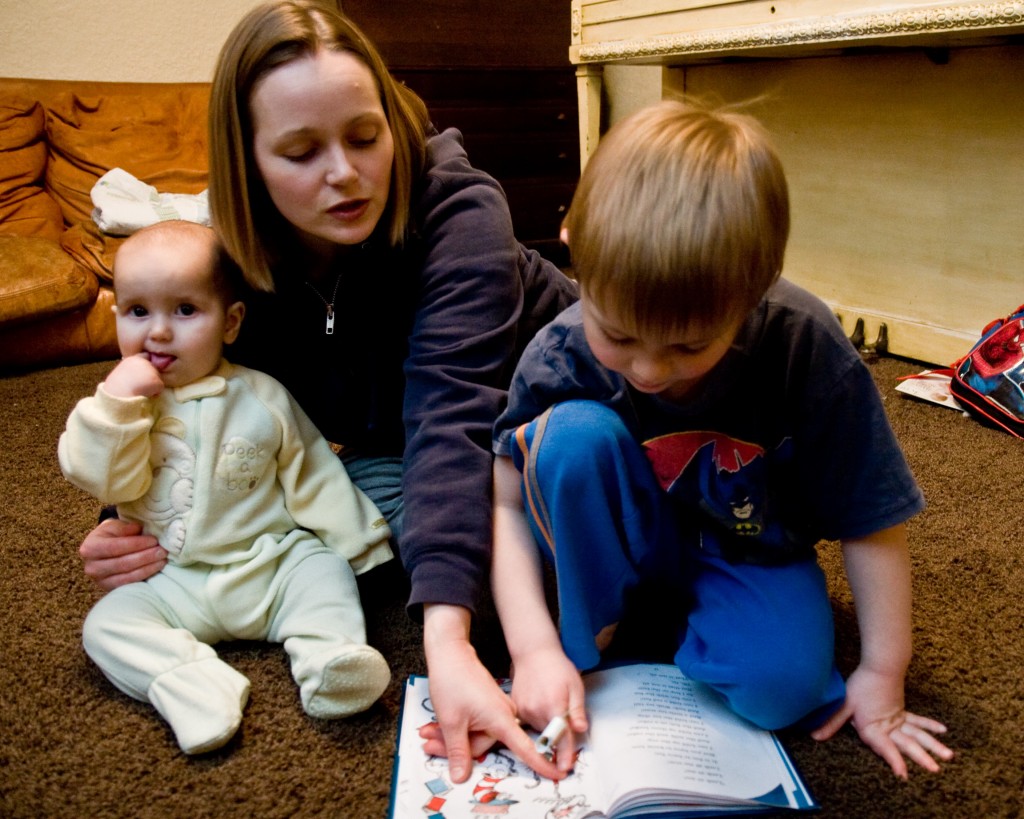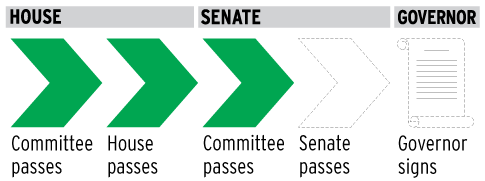
The Utah Senate passed a bill aiming to increase elementary school student literacy before the third grade Feb. 28.
SB194 would reduce elementary school class sizes and require the Utah State Board of Education to provide technical support to schools failing to meet literacy goals.
Children who do not read proficiently by third grade are four times less likely to graduate from high school, according to a report published in February by the Education Commission of the States. The report also showed 2.5 million students dropped out of U.S. high schools in 2017. Of those 2.5 million, 1.6 million were firmly set on the trajectory to drop out by 8 years of age.
SB194 would address factors correlated with illiteracy in Utah elementary school students, including large class sizes, lack of literacy programs and lack of measurable goals.
Sen. Ann Millner, R-Ogden, sponsored the bill, which passed the Senate Education Committee unanimously on Feb. 22.
Millner said students who aren’t proficient but receive intervention are seven times more likely to become proficient, according to the report findings.
“If we intervene appropriately, we can make a difference for those children,” Millner said.
Sen. Howard Stephenson, R-Draper, said allowing students immediate feedback on literacy skills is key to increasing literacy in Utah elementary schools.
“Research shows that when students get immediate interactive feedback while doing the learning process, it exponentiates the learning process,” Stephenson said. “Everybody is capable of high proficiency (in every subject) if they get deliberate practice.”
Millner said illiteracy in Utah elementary schools is not just a demographic problem.
Some low-income districts have high literacy rates, while some high-income districts have significantly lower literacy rates, according to Utah State Board of Education reports.
Under SB194, school districts would be required to form and present literacy plans — including plans to maintain smaller class sizes — to the Utah State Board of Education for approval and evaluation. Each school would identify two specific, measurable yearly literacy goals. These goals would be presented publicly at school board meetings.
SB194 makes technical changes that do not require funding.
Lane Beattie, president of the Salt Lake Chamber of Commerce, spoke in favor of the bill and said elementary students’ literacy skills provide the basis for Utah’s future economic success.
“From the standpoint of the business community, there is not anything more important that you can do than help our young people learn to read,” Beattie said





